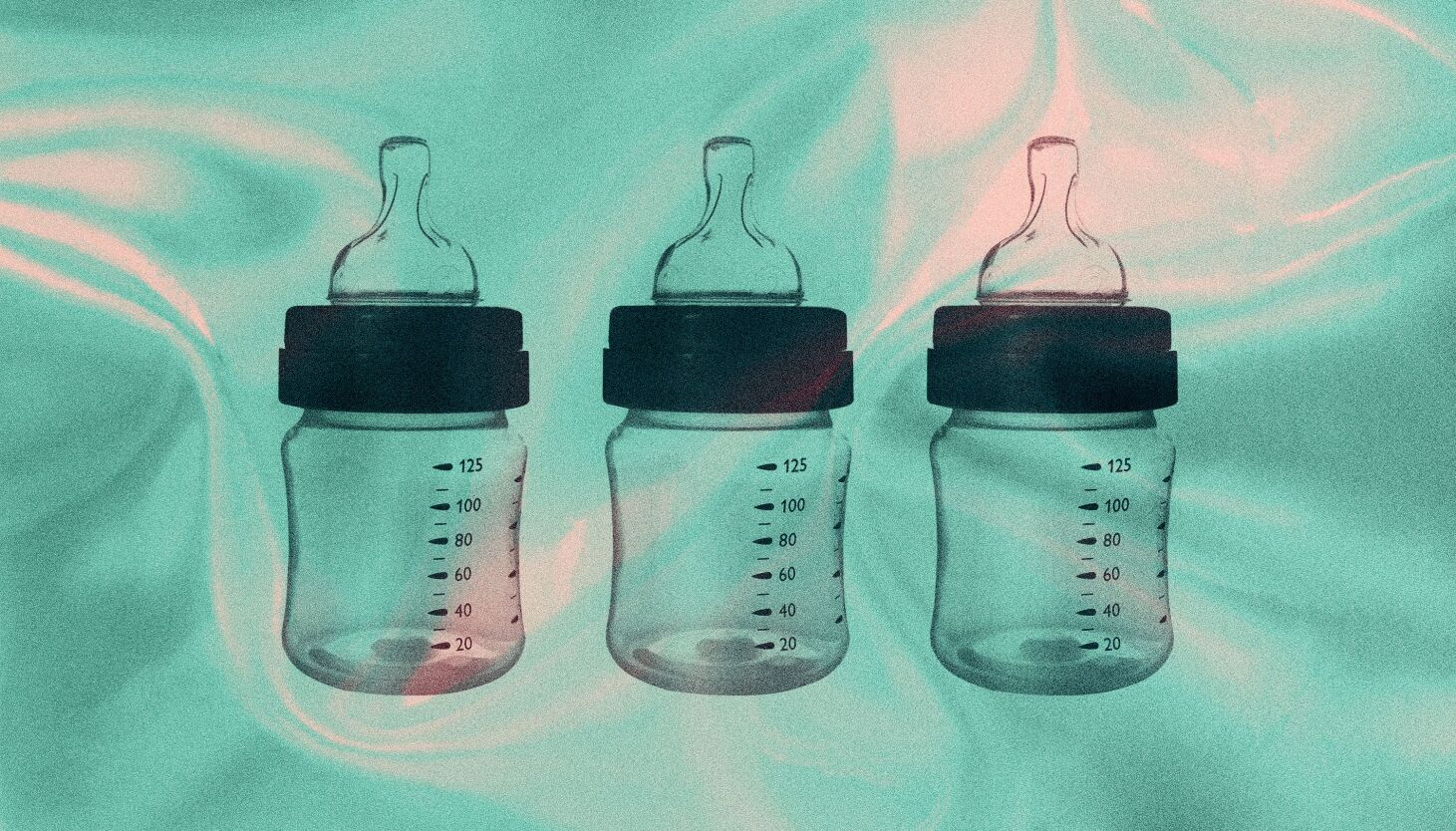A recent clinical study from the American Academy of Pediatrics throws the value of toddler formulas into question.
Researchers claim these formulas, marketed to children 12 to 36 months old, are not nutritionally advantageous and may actually be unhealthy for your child.
Toddler formulas, which are commonly labeled as “transitional formulas,” “weaning formulas” or “follow-up formulas,” are advertised as a transitional beverage for older infants weaning off infant formula or breast milk. For most children, these formulas are not necessary to their health and lack the nutritional benefits provided by infant formula and breast milk, according to the study.
Additionally, many of these formulas contain added sweeteners, high sodium, low protein and could be considered “sugar-sweetened drinks,” meaning they might be unhealthy for young children, the study notes.
“I think there is a misconception across the board for many families,” said Anandita Pal, a Houston-based pediatrician, to The Washington Post. “Many parents automatically assume that the natural progression is to move to toddler formula, but those supplements are not always necessary unless the child’s pediatrician recommends it.”
For children suffering from lactose intolerance, allergy or other health concerns, some pediatricians prescribe alternative plant-based milks or formulas for toddlers. These prescribed formulas are different than grocery-store toddler formulas, the study notes.
“A small number of children have medical needs for specialized products after a year of age, and most of these are given either by pediatricians or many times by pediatric gastroenterologists,” Steven A. Abrams, one of the lead authors of the report and a former member of the Committee on Nutrition of the American Academy of Pediatrics, told The Washington Post.
“These children may have chronic health problems or might not be growing well for some reason, so we certainly are not suggesting that specialized nutritional products for children with specific health needs … shouldn’t be used,” he said.
The study also calls out toddler formulas for “questionable marketing practices.” During the first six months of life, infants rely wholly on breast milk or formula for nutrition. Around six months of age, parents typically begin introducing new foods into their child’s diet and the child no longer depends completely on formula or breast milk.
For this reason, advertising for infant formulas is strictly regulated under the Infant Formula Act passed by Congress in 1980, whereas toddler formulas are not held to these standards.
According to a 2020 study, marketers have significantly increased investment in marketing toddler formulas. The study notes that in 2015, marketers spent roughly $17 million in advertising toddler formulas compared to roughly $10 million spent advertising infant formulas.
The American Academy of Pediatrics recommends cow’s milk for older infants, which has adequate amounts of vitamin D, calcium and magnesium and is also sold for a fraction of the cost.
Toddler formulas can cost upwards of $40 per 30-ounce can, and whole cow’s milk is typically about $4.33 per gallon, reports The Washington Post.
“Not only is toddler formula more expensive compared with cow’s milk, but they aren’t necessary for a child’s development,” Abrams said to The Washington Post. “Some families might believe these products provide some health benefits, but there is no evidence (to support that claim).”
The study recommends children under 12 months rely on breast milk or infant formula approved by the FDA. For toddlers, the study suggest a balanced diet supplemented with breast milk or cow’s milk.
